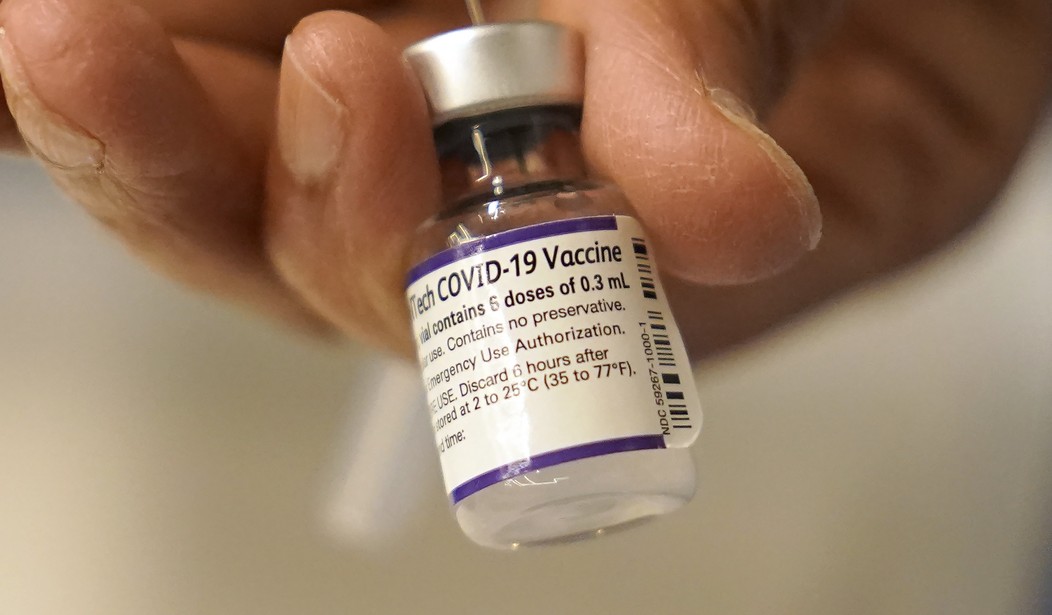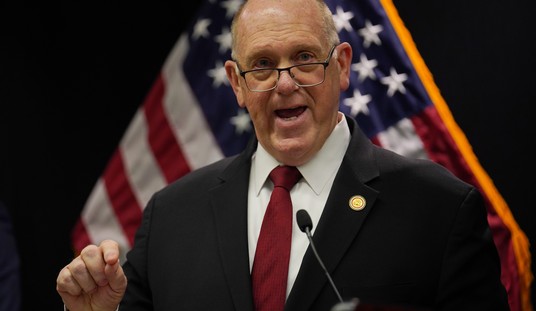While most of us were focused on the new guidance issued by the CDC about the length of time for quarantine now that the Omicron variant is spreading so rapidly, the CDC slipped in wording that lumps the unboosted with the unvaccinated. The progression from fully vaxxed with two doses of vaccine to fully vaxxed only if you’ve also been boosted has come to pass. Remember when it was suggested that this progression would happen and Governor DeSantis was fact-checked? Good times.
It may seem logical that following through with a booster shot to be fully vaccinated against COVID-19 but adds a new level of chaos for the general public. Biden’s constitutional overreach with COVID-19 vaccine mandates for federal employees (but not all federal employees) and for businesses with over 100 employees has led to worker shortages. These shortages are affecting the bottom line for businesses. Not only are employees being fired for not succumbing to authoritarian overreach in personal health choices but the employers are required to test unvaxxed employees regularly if they remain employed.
The new approach by the CDC to describe the unboosted as unvaccinated means more demands being placed on the public. Take, for example, the requirement that college students and staff be vaccinated in order to set foot on campus or partake in campus activities. It is already beginning. Yesterday, Rice University in Houston announced that vaccine boosters will be required for all employees and students for the spring semester. Classes will be online for the first two weeks of the spring semester and an indoor mask mandate at all times is in force. Indoor activities are limited to 50 people, including classes, through January 24. Students are asked to not come back to campus until January 24 and staff are instructed to work remotely until then. The spring semester is still set to begin on January 10.
The university president and provost sent a letter to the Rice community on December 26 explaining the new requirements. The university considers this update in pandemic policy as a way of recognizing COVID -19 as endemic with fewer restrictions needed going forward. In other words, Rice understands that the virus is here to stay and the Omicron variant is highly contagious but milder than previous variants. Vaccinated and boosted people can get infected with Omicron but the hospitalizations are occurring with the unvaccinated. The university admits it is impossible to maintain stricter policies due to the quick spread of the disease and the potential to overwhelm resources.
Despite the increase in COVID-19 positive test results, we intend in this context to have as normal a semester as possible. We will start the spring semester on time on Jan. 10, but instruction will generally be online for the first two weeks, and we will encourage all who can to remain remote during that time. With the rapidly spreading omicron variant, the shift to a more endemic posture requires time for the remainder of our community to get their booster shots, without which we would be less able to assure the health of people on campus. These booster shots are critical, because in light of the rapid spread of the omicron variant, it probably will not be possible to maintain the full quarantining policies we have previously implemented. Moreover, many of our employees will be dealing with school and child care issues and other logistical problems during this time. We need to lower the population density on campus for the first two weeks of the semester and allow time for everyone who is eligible to get their booster shots. This will also enable us to take into account any new information that emerges over the next two to three weeks.
In addition to the above restrictions, the university said that research activities can continue, and research facilities and services will remain open. Rice describes its approach as “flexible, nimble and adaptable.” I’m not sure how the flexible part comes into play, though. The vaccination requirement is still in force and now another step is included by requiring a booster.
I use Rice University’s announcement as an example because it is a university in a large urban setting, the very blue city of Houston. It is a small private research university adjacent to the Texas Medical Center. We can expect this shift to require booster shots in order to go about mostly normal campus life as the norm, not the exception, as other universities prepare to go into the spring semester. Following the science has been smacked by reality – they may require that students and staff be boosted but the reality is that most will get the Omicron variant anyway and in order to mitigate an overwhelming of resources, long quarantine requirements, and isolations are no longer feasible. The time has come for everyone to get on with their lives. Treat the virus as we do others, like the flu. Universities don’t demand flu shots and eventually the same will happen with COVID-19 in the endemic stage.








Join the conversation as a VIP Member